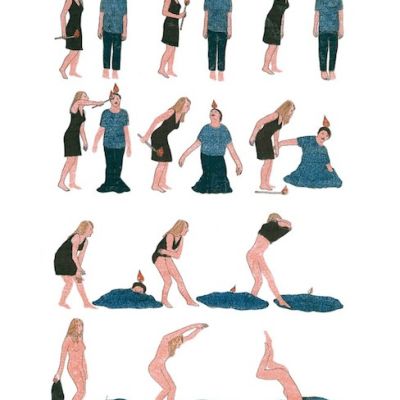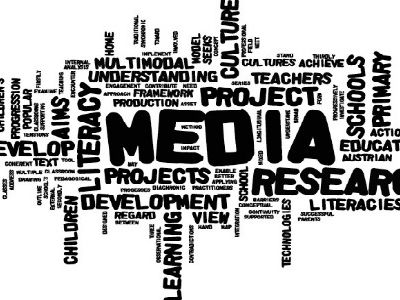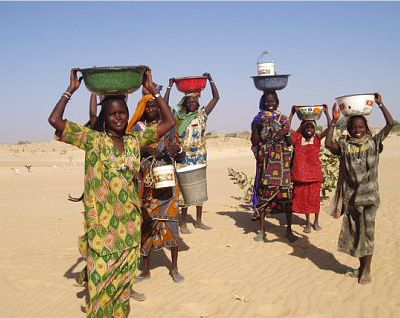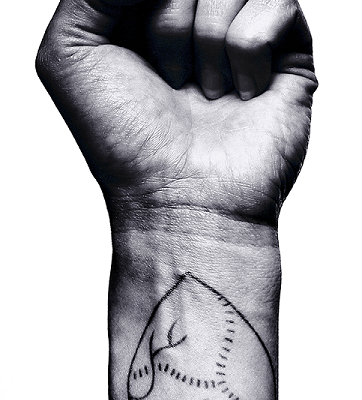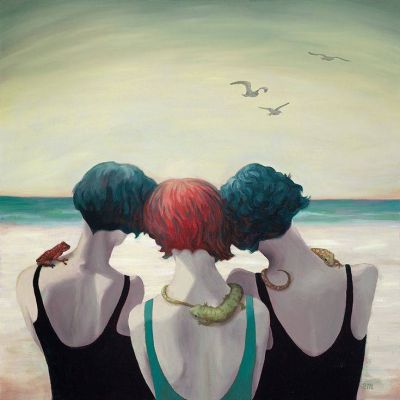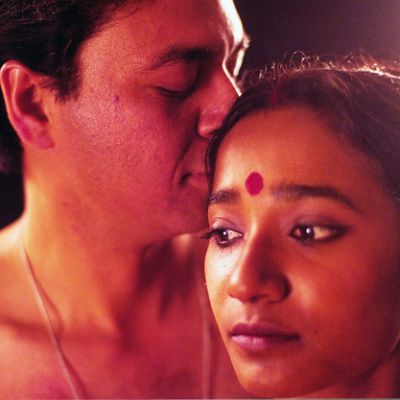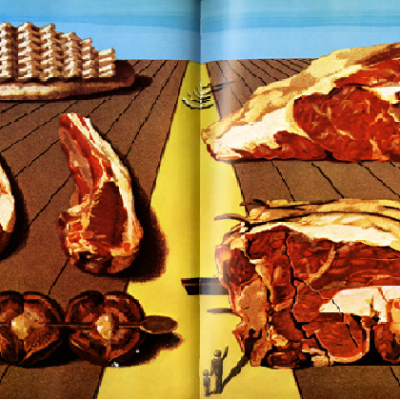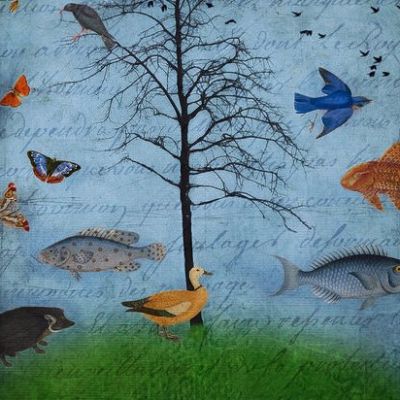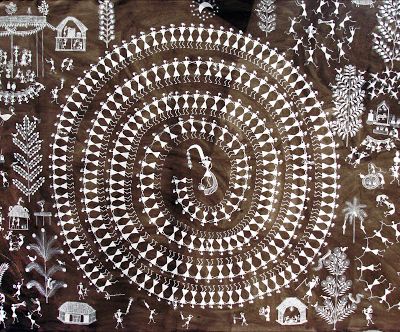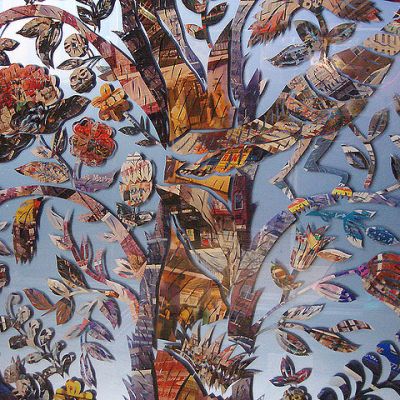Sexuality
Is there a relationship at all that cannot be defined by love? And, if we were to begin talking of relationships other than romantic love, how would we speak of sexuality? Upon this deliberation, we realised that our Love and Sexuality issue seemed to revolve around romantic love and sex. The departure this issue on Relationships and Sexuality makes is to try and incorporate forms of relationships that might not be about romantic love but have their own kind of romance, and facets of sexuality that might not be about sex per se but will place its interest in alternate relationships to it.
“The writer cannot be a mere storyteller; he cannot be a mere teacher; he cannot merely X-ray society’s weaknesses, its…
“Does my sexiness upset you? Does it come as a surprise that I dance like I have diamonds at the…
Movement. Stillness. Travel. Free flow. Restrictions. Borders. Us and Them. Movement takes us closer to our destinations and sometimes forced…
“Was I ever crazy? Maybe. Or maybe life is… Crazy isn’t being broken or swallowing a dark secret. It’s you…
The Love and Sexuality issues this month have a few more articles than usual, and it probably reflects on how every one of us has something to say on the matter. Our writers attempt to crawl out of the tunnel of ‘legitimate’ love and sexuality.
Is Law restrictive and limiting or can it be liberating and provide people a sense of agency when it comes…
“Humour is a rubber sword – it allows you to make a point without drawing blood.” Mary Hirsch, humourist Here’s…
On World AIDS Day, we published the first issue of this month’s In Plainspeak with the theme HIV and Sexuality. Global funding…
“Beauty should be edible, or not at all.” ― Salvador Dalí A Google search with the keywords “food sexuality India”…
For many of us, it was fiction that fed our souls as children, and now as adults who are still ‘growing up’, it feeds us still. Fiction makes, remakes and unmakes us who walk in worlds of the imagination. It liberates us to dream various versions of ourselves and others into being as the articles in this month’s In Plainspeak eloquently reveal.
“Ab dil karta hai haule haule se Main toh khud ko gale lagaun Kisi aur ki mujhko zaroorat kya Main…
The trouble with the of the origin of families is that no one knows – Kathleen Gough In her 1971…
What can persons with disability do and not do? Can they have sex? Should they have sex? However well-intentioned they…
To belong or not to belong? Some people define themselves through commonalities. There are some who define themselves through difference and then seek to find others who share that difference. They find commonality in a shared difference. Commonality is what makes for a community. To keep that commonality becomes an unwritten rule. What lets you in? What keeps you out? Every community tries to keep its members together. There are expectations, rules, impositions and, for the dissidents, punishments. Ironically, even communities of people who do not conform to mainstream norms of sexuality or gender have their own norms.

